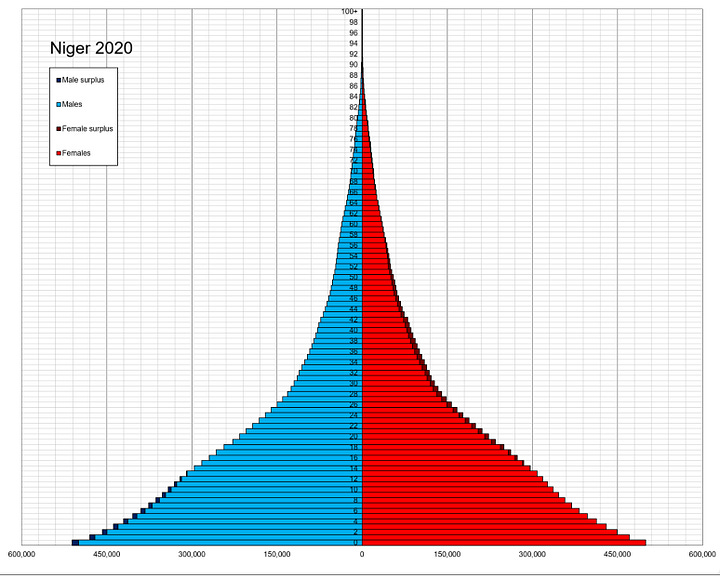Six year old looking for a pen pal

I had a lovely email from a reader this week whose son is about to mark one year of successful pen pal exchange after he was matched with a friend via How We Homeschool. The boys even exchanged Christmas gifts and the mothers have also discovered they have much in common. I was thrilled!
Anyway, the reader’s younger son is now 6 and keen for a pen pal of his own. They’re in the States, so ideally someone overseas would be fun, but if readers from the US get in touch I’ll do my best to match you up.
I’m not sure I have the capacity for organising another full-blown pen pal exchange at the moment, but I’ll do my best with any responses to this post.
Any other pen pal exchange success stories very welcome!
The occasional joys of not having a plan
This morning, after some maths and some writing, the children and I sat down on the sofa for some reading. I wasn’t really sure what I was going to read. Because we were away at the weekend I missed out on my usual time for planning the week ahead, so things this week are pretty free-flowing (some might say ‘haphazard’, but ‘free-flowing’ sounds much nicer, doesn’t it?).
So we started with an old book called The Earth From The Air For Children, which I’ve mentioned before. It’s a book of aerial photographs from around the world, with each photo briefly explored and explained. It’s fascinating, and a great way into a whole host of different subjects. I let the children choose what pages they wanted, and they chose one they always return to, of a man growing plants in the desert. It led us onto desertification, Wangari Maathai, YouTube videos about Africa’s Great Green Wall, and how simple but clever techniques are enabling people to grow food in regions that were previously barren. The subject can take in climate science, plant science, migration, community action, and more. It’s also hugely uplifting: In Niger, work on the Great Green Wall has given half a million people the power to feed themselves rather than being forced to rely on food aid. The before and after photos of land turning from dry and dusty to lush and green are inspiring.
The world is a complicated place. In Niger, where these schemes are having remarkable success, life expectancy is 60 years and the leading cause of death is malaria. The Niger population pyramid and the England population pyramid look like this (via Wikipedia):


With younger children, you might focus on the good news and accessible science of greening the desert. For older children, you barely have to scratch the surface to find a wealth of interesting, contradictory, confounding facts and news stories to investigate.
Child-friendly resources on the Great Green Wall and desertification are few and far between. Wangari’s Trees of Peace is a good book for younger children (4-7). Save The Land is for a similar age group and you can watch a video of the book here. For older children, Andrew Millison’s videos are good—with my 7 and 9 year old I paused often to explain bits that went over their heads. My favourite was this from Planet Wild, which is clear, informative and accessible—did you know that 60% of all life on earth lives in the soil? The Planet Wild website has lots of other environmental projects to learn about and support if you wish.

If you’ve come across other useful resources please share in the comments. I tried asking Chat GPT and it helpfully suggested several books and websites which either don’t exist or which refer to different subjects entirely… so I guess I’m one step ahead of the Chicago Sun-Times, eh?
Thanks for reading. If you’re not subscribed to How We Homeschool, sign up for free and never miss a post.


I have a newly 6 year old who might be interested in being a pen pal. I can ask him in the morning. Do you have any info about the child's interests?
Thanks for sharing this! I'd not heard of the Great Green Wall, but it's quite an interesting effort!